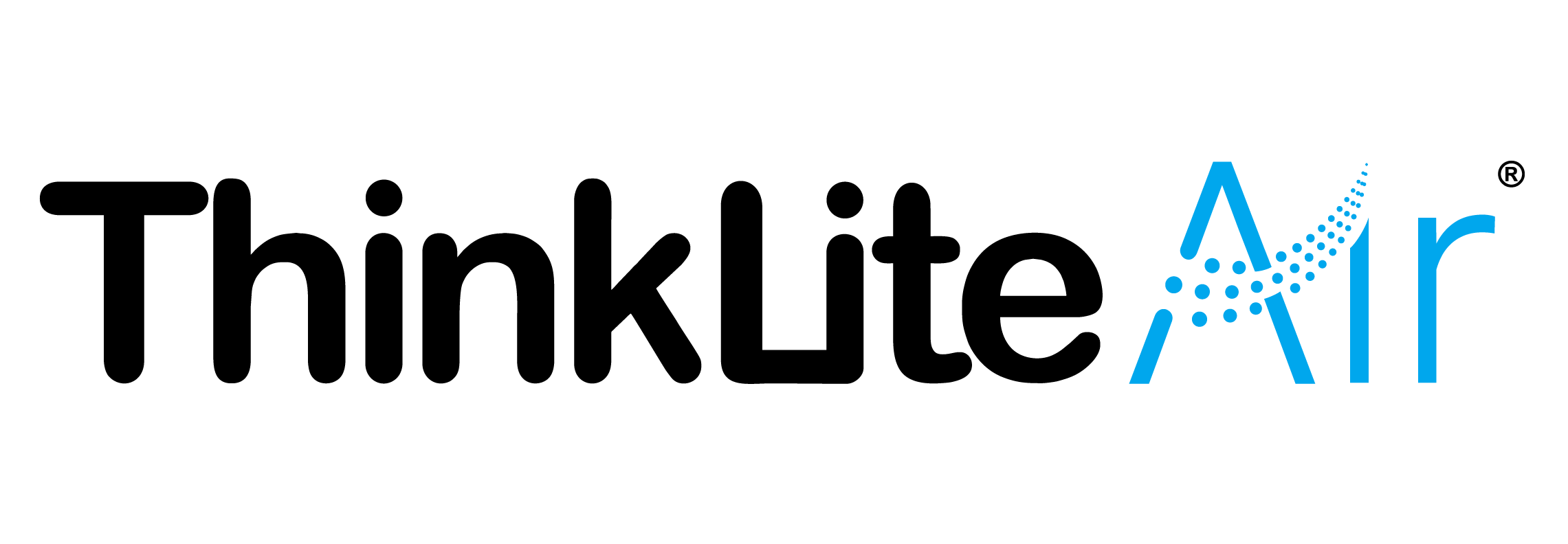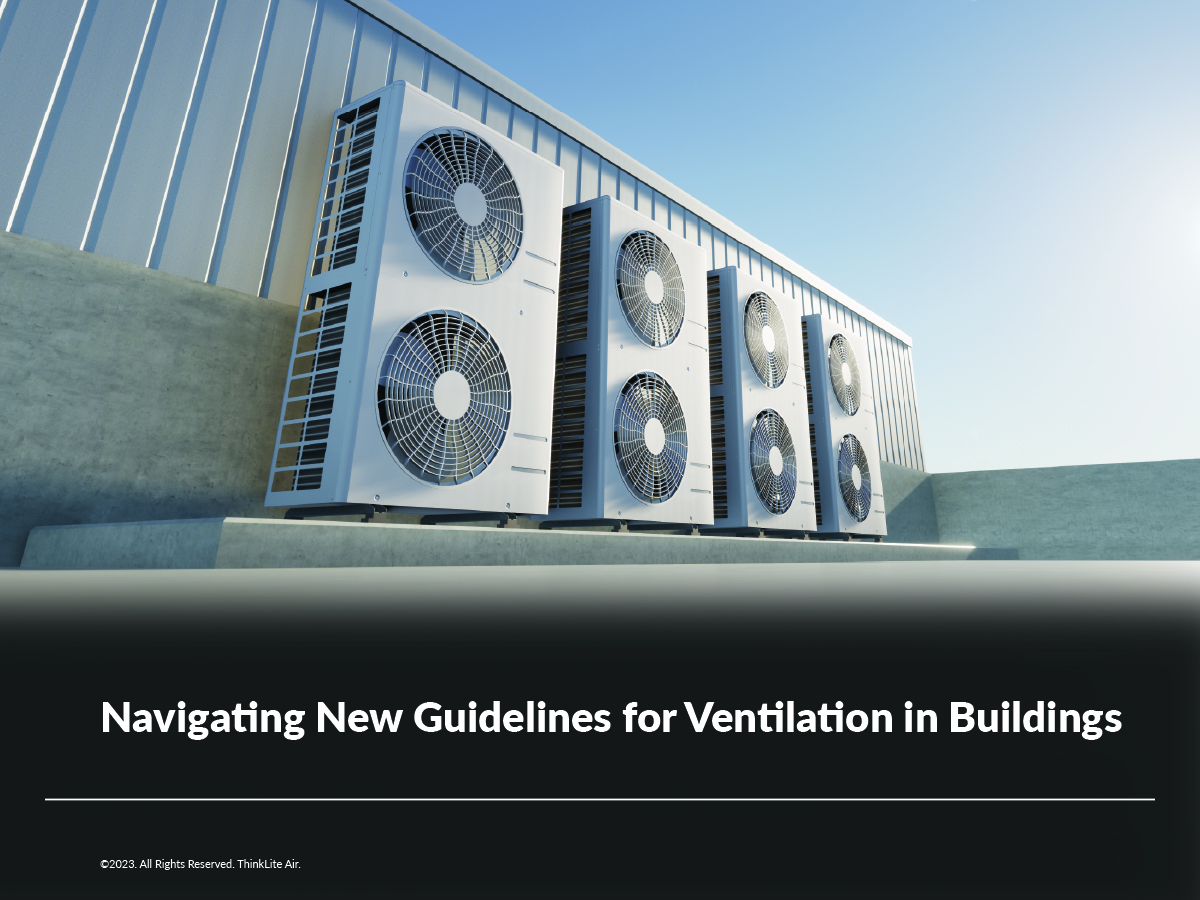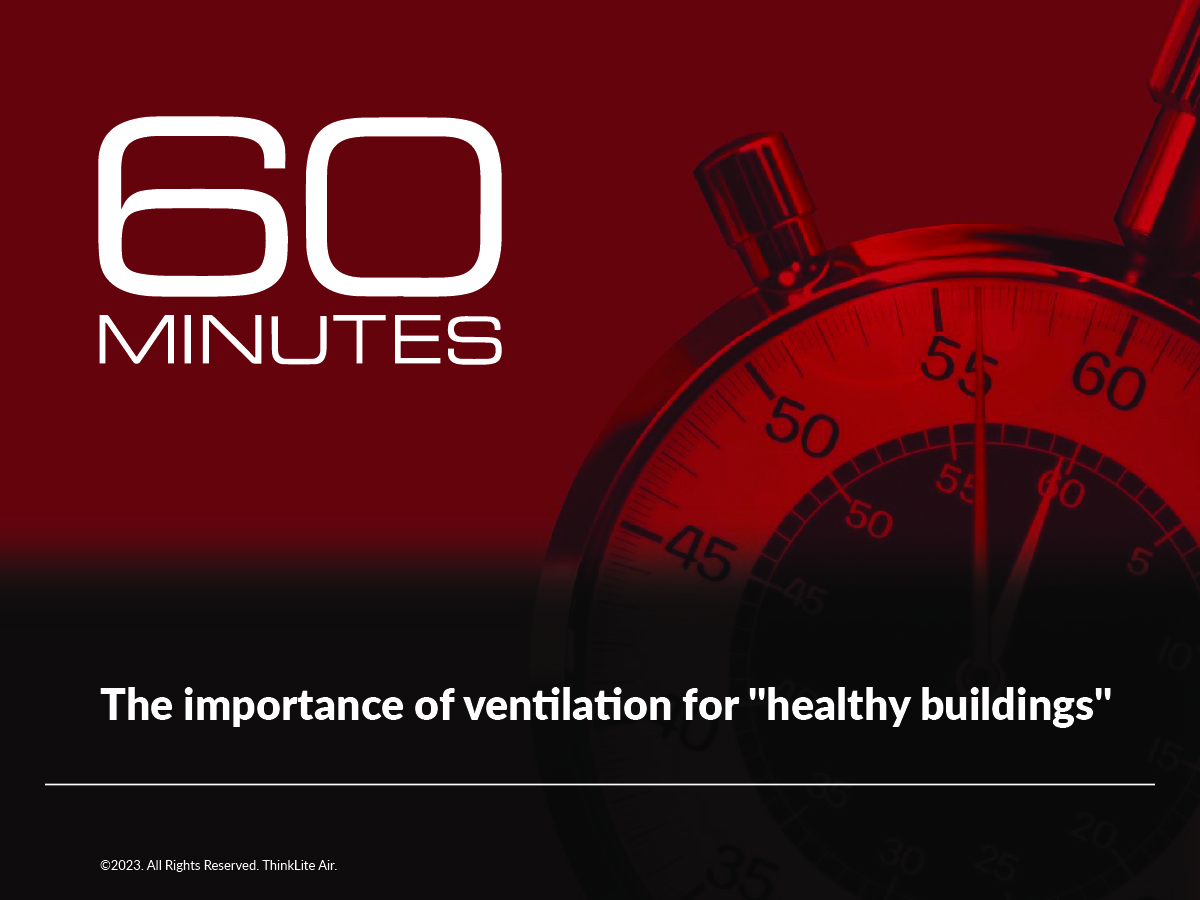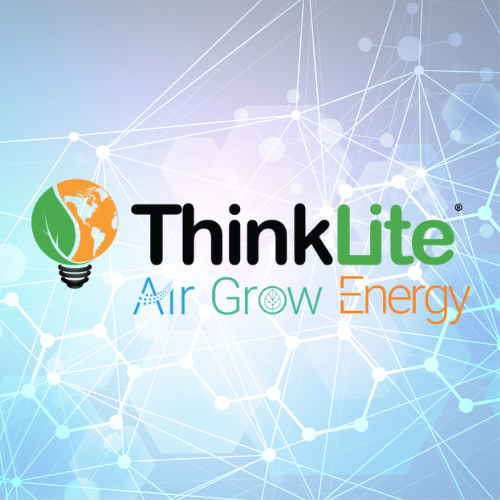The Truth About Air Quality and Dementia
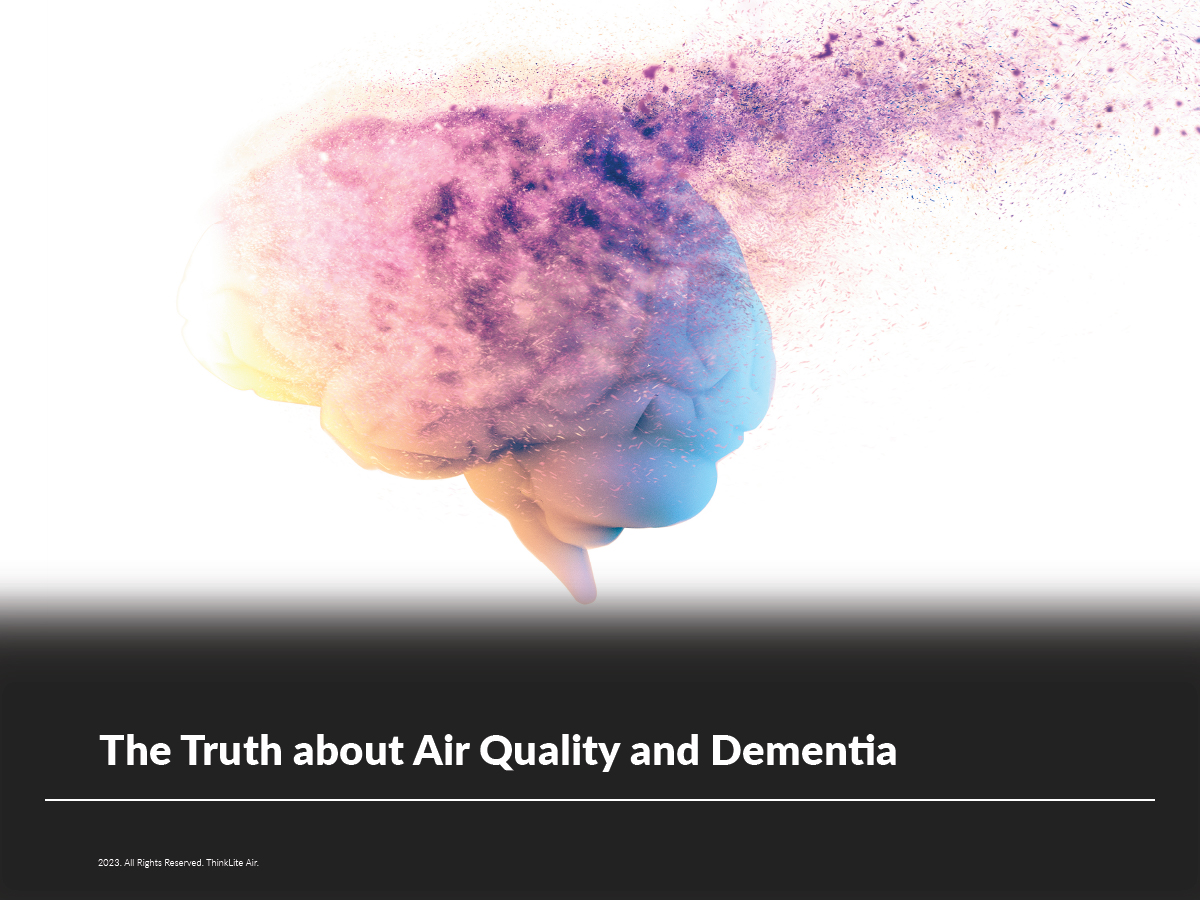
In the fall of 2021, we shared a report from Harvard School of Public Health about the connection between office air quality and employees’ cognition and productivity. Last month, British Medical Journal published a study run by a group of public health researchers at Harvard that examined 16 studies and found consistent evidence of a connection between toxic air pollutants known as PM (particulate matter) 2.5 and dementia.
It has long been known that inhaling these microscopic particles — also known as PM 2.5, particles less than 2.5 microns in width — can cause serious health issues. (In comparison, the width of a single human hair is 50 to 100 microns.), reports the Washington Post.
But “their relationship to the brain and dementia is a relatively recent thing,” said lead study author Marc Weisskopf, Cecil K. and Philip Drinker Professor of environmental epidemiology and physiology at Harvard T.H. Chan School of Public Health. “Dementia is a massive problem worldwide. If we can reduce exposure to these particles, we can reduce the burden of dementia.”
More than 57 million people globally live with dementia, a number expected to increase threefold in the next 25 years. Evidence of this connection is impactful even when an individual’s annual exposure was less than 12 micrograms per cubic meter of air, which is the current Environmental Protection Agency standard, the study said. .
Astonishingly, ninety-nine percent of the global population is exposed to PM 2.5 levels — annual concentrations higher than five micrograms per cubic meter — by the World Health Organization, according to a study published last month
This definitive science identifying air pollution as a major environmental problem that can affect our brain health is a call to action for all types of organizations who need to monitor and filter pollutants from the air for the safety and wellbeing of their employees, customers, and patients, including the increased risk of developing dementia.
ThinkLite Air’s air purification system uses advanced technology to clean air from harmful pollutants. It combines a pre-filter, a HEPA filter, and a carbon filter to effectively capture and remove fine particulate matter (PM2.5), volatile organic compounds (VOCs), and other harmful pollutants from the air.
ThinkLite Air’s HEPA filter is capable of capturing particles as small as 0.3 microns, including bacteria, viruses, and allergens, making it an effective solution for improving indoor air quality and protecting brain health. It also has a CADR (Clean Air Delivery Rate) of up to 600 cubic feet per minute, ensuring that it can purify the air in large rooms quickly and efficiently.
By using ThinkLite Air, educational, healthcare and all manner of organization can protect their employees, students, and patients from the harmful effects of air pollution, including the increased risk of developing dementia. In addition, ThinkLite Air can help improve overall indoor air quality, which can have a positive impact on health and wellbeing.
Learn more about air monitoring and filtration solutions for your organization.
60 Minutes Segment Addesses Indoor Air Crisis
Dinesh Wadhwani To Speak at ISSA Conference
© 2023 — ThinkLite. All Right Reserved.

